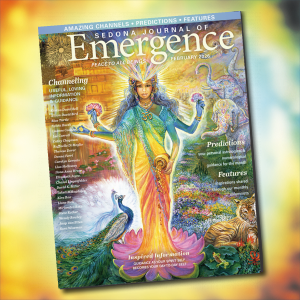Passive Anger
Passive Anger Lynn Buess
Events and interests this month center around loss, sacrifice, and the things humanity has not been given. As a therapist and healer for decades, I have worked with thousands of clients, including those who were alcoholic, codependent, abusive, and in troubled relationships. Anger builds over the years for people in these situations.
Twenty or thirty years ago, I coined the phrase “passive abuse.” Passive abuse does not have to do with physical or verbal violence. Rather, it is the cold and silent withholding of affection, encouragement, and nurturing that emotionally healthy parents normally provide their children. Over many years of receiving such inattention, a reservoir of unconscious anger builds within the child. I call this reaction “passive anger.” Recognizing and then processing passive anger can be very difficult, primarily because clients have trouble (and often enormous guilt) recognizing and accounting for their anger that erupts when apparently “nothing happened.”








